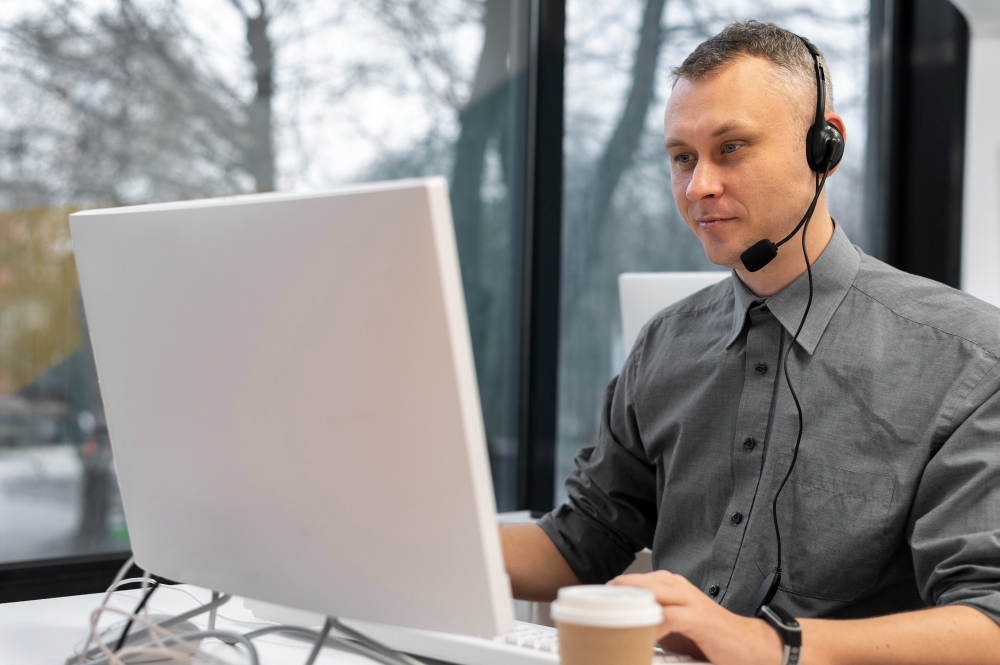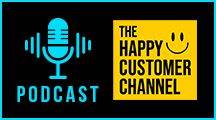Providing constant and prompt customer service is not only a need in the fast-paced consumer products scene of today, it is a must. Operating in fiercely competitive sectors where product parity is frequent and consumer loyalty depends on individualized, responsive service, Consumer Packaged Goods (CPG) brands For CPG, investing in multi-channel customer assistance is therefore not just smart but also strategic.
Whether via social media, email, live chat, or in-store help, CPG firms can meet consumers where they are by including a varied range of support touchpoints. To get this, though, calls more than just being present on several channels. It calls for a coordinated and linked experience using integrated CPG customer service technologies.

Knowing Why CPG Needs Multi-channel customer Support
Instead of being passive consumers, CPG consumers actively participate in the brand journey. They want quick answers, flawless interactions, and a system of assistance remembering them at all points of contact. This is the area where multi-channel customer support approaches fill in for conventional siloed support systems failing.
Brands have to provide a consistent experience across all these platforms given consumers’ hands-on access to smartphones, tablets, smart speakers, and computers. For instance, a customer asking a question via Instagram DMs should get the same attention and consistency as one who contacts help via the internet chat of a firm. Using multi-channel customer support for CPG helps businesses to create trust at all levels and stay with changing consumer behavior.
Read More About: CPG Industry
Essential Elements of an Effortless Support System
Developing a successful multi-channel customer support strategy calls for people, systems, and processes harmonizing together—not only technology. This is how to build a system providing flawless integrated CPG customer service:
1. Common Customer Support Systems
First is centralizing support data. Agents using a consistent customer service platform can access real-time consumer data, prior interactions, and product feedback via all media. Omni-channel integration tools as Zendesk, Fresh desk, or Salesforce Service Cloud help to streamline support operations by means of response accuracy and speed enhancement.
2. Real-Time Synchronization of Data
Support lines of communication have to interact. Repeated searches and disgruntled consumers follow from data from email support not matching the live chat database. Including cloud-based CRMs and APIs guarantees that every channel shows the same customer data, therefore facilitating more intelligent replies and smoother transitions.
3. Instant Response AI and Chatbots
Nowadays, AI-driven chatbots are indispensable for managing the large volume of often asked questions. Correctly taught, these bots respond instantly, gather client information, and forward more difficult problems to human agents. They are also absolutely essential for 24/7 availability, especially for worldwide CPG companies.
Advantages of Multi-Channel Customer Support for Consumer Goods Companies
Enhanced Customer Attachment
Consumers that feel heard and appreciated are more inclined to stay with you. By guaranteeing that help is always just a click or call away, a multi-channel approach helps to develop satisfaction and loyalty.
Lower Running Costs
Automation and connected systems help support teams to quickly and with less resources handle problems. Especially for major CPG companies, this efficiency results in notable savings over time.
Constant Brand Voice
No matter the channel of communication, multi-channel systems let you keep a constant tone and voice. Building consumer confidence and brand identification depends on this coherence.
Guidelines for Using Multi-Channel Support
These are some doable actions towards a really flawless system:
- Prepare Agents for Omnichannel Experience
Customer service representatives have to be quite skilled at handling interactions on several channels. Essential is frequent instruction in tone, escalation strategies, and technical tools.
- Give follow-ups and personalizing top priority.
Customize correspondence with CRM insights. A straightforward follow-up note following a fixed problem can really help to satisfy clients.
Combining online and offline customer service
Many CPG items are sold out of conventional brick-and-mortar businesses. It is imperative to close the distance between physical and digital support. Customers may investigate a product complaint online and then bring the item back in-store. A linked support system guarantees that shop associates have the same case file as online agents. Completing the cycle are barcode-based complaint tracking, mobile assistance apps, and cloud-based inventory/service data.
Using feedback loops and social listening
Often the first place people voice unhappiness is social media. Progressive companies use social listening techniques to identify sentiment and act quickly rather than reacting defensively. Including feedback systems into the support framework enables the identification of trends and resolution of fundamental issues. This causes your integrated CPG customer service to become more nimble and intelligent in turn.
Future Patterns: Anticipating What Next
Technologies like voice assistants, augmented reality (AR) for remote product troubleshooting, and predictive analytics will probably shape the way multi-channel customer care for CPG develops going forward. Companies who can see consumer needs—before they are even expressed—will have an advantage.
Learn more about other contact center solutions services
Conclusion:
CPG consumers of today want quick, consistent service across all their touchpoints. Brands may not only meet but beyond these expectations by creating a multi-channel customer care for CPG system that is connected, responsive, and personalized. A flawless system enhances client connections and distinguishes your business in a saturated market, not only solves difficulties.



